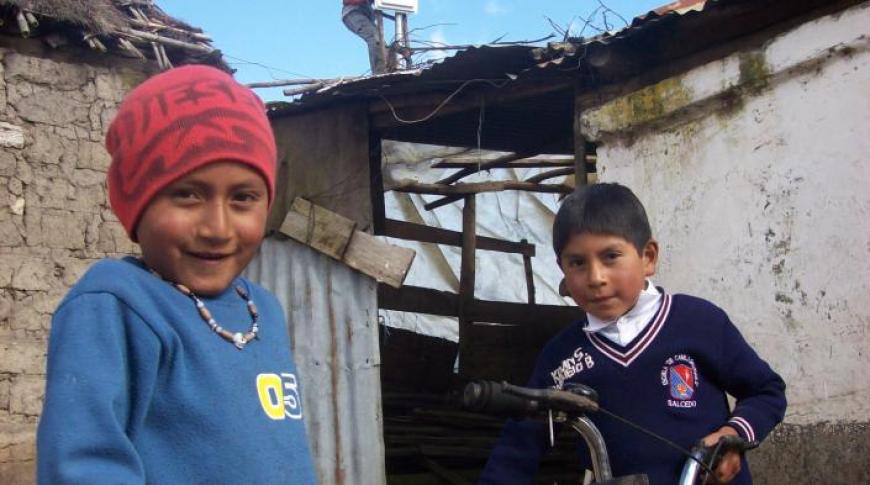
To reduce poverty and foster inclusive development through affordable access to the internet, APC produced a resource kit for realising a universal access agenda, present promising options, experiences, lessons and opportunities in pro-poor access provision in developing societies. This kit consists of three modules, each focusing on a different topic: Policy and regulation; Advocacy strategies; and community-level projects.
Business people, community activists and policy-makers have an interest in as many people as possible – including people in the lowest income-brackets - having access to the internet, being able to check out important information on websites and communicate cheaply via email or internet phone. In order to reduce poverty and foster inclusive development through affordable access to the internet, APC produced a resource kit for realising a universal access agenda, present promising options, experiences, lessons and opportunities in pro-poor access provision in developing societies.
Each module includes:
-
Case studies exploring the opportunities in terms of mainstreaming pro-poor ICT access into other types of development projects (e.g. economic development, women’s empowerment, HIV/AIDs advocacy etc.) as well as approaches to stimulating programming support by donors such as UNDP, infoDev etc.
-
Recommendations in terms of promoting local ICT access from a pro-poor perspective.
-
Collection of resources eg the UNDP Pro-poor ICT website, the papers developed for the Equitable Access: event of APC, research by Regulateonline.
-
FAQs - frequently asked questions.
The resource and advocacy toolkit was developed over a six-month period and the results presented in a thematic workshop at the Internet Governance Forum in December 2008 in India and during the second “Equitable Access” IGF pre-event, December 2nd 2008 in Hyderabad.
Contents:
-
Policy and regulation including financing options and models
-
Advocacy strategies so that policies really do become “pro-poor”
-
Community-level projects including business models, tools and technology options, and strategies to deal with project implementation issues
The kit is available in English, Spanish and French.
Image by Paco Olaya Pabón: Luis and Juan, two cousins living in Ecuador, who are benefiting from internet access in the Chambapongo community.